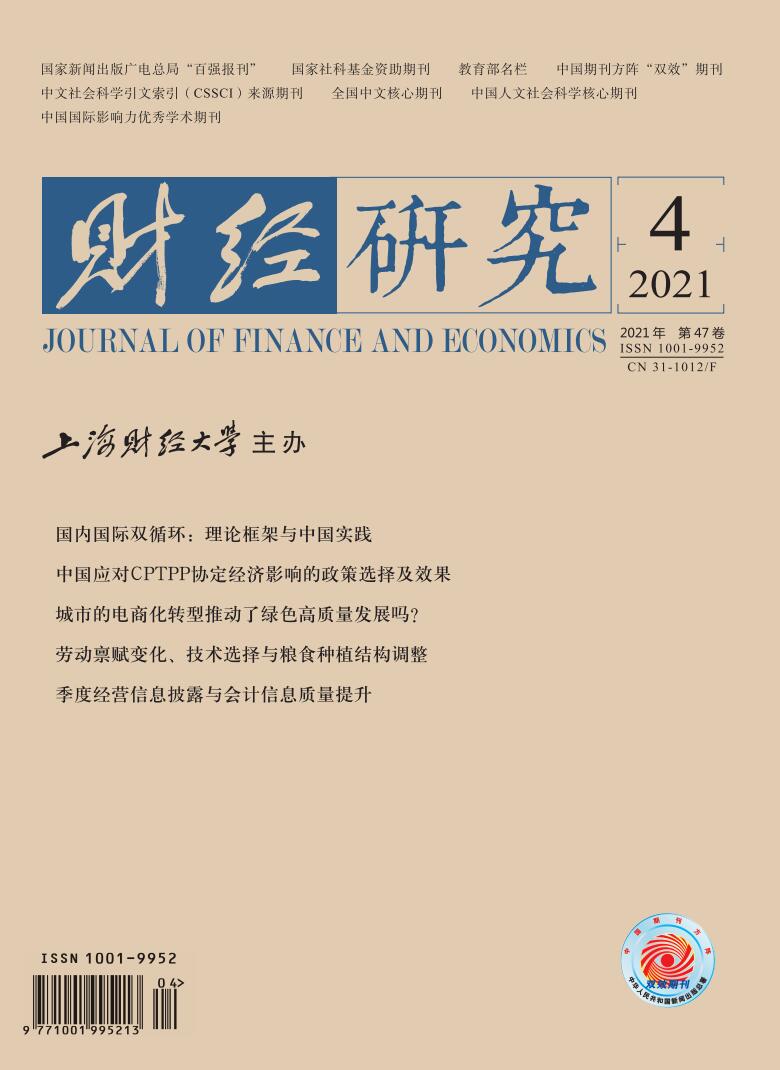In China, the concept of gender division of labor that “men work outside and women are in charge of internal affairs” has a long history, which will undoubtedly affect the time distribution of Chinese women in family labor and labor supply in the labor market. But the reality is that the labor participation rate of Chinese women has been at a high level for a long time. The long-term inheritance of the tradition of parental support for children in Chinese culture may be an important reason to ease the constraints on women’s labor supply. This paper constructs a family labor supply model considering paternal intergenerational support, and analyzes the influence and mechanism of parental time support and economic support on children, especially female labor, labor supply and wage income, by using the data from China Family Panel Studies(CFPS).
The results show that the time support of parents significantly alleviates the time constraint of women’s labor participation and improves their labor supply and wage income, but it has no significant impact on men, so it is conducive to the convergence of gender wage gap. However, the economic support of parents has no significant impact on children’s labor participation and wage income. Parental time support is an important support for female labor force participation. When women receive intergenerational support, their time allocation constraints will be relaxed, which will help them devote more energy to work and improve their competitiveness in the labor market, and ultimately the level of professional skills will be improved. In addition, after the distinction between urban and rural areas, it is found that the effect of paternal time support on urban women is stronger than that of rural women. The study provides a new perspective to explain and understand the convergence of gender wage gap and the higher degree of women’s labor participation in China, and also has some enlightenment to further improve the labor employment system.
The contributions of this paper are as follows: First, it fully grasps the characteristics of traditional Chinese family culture, considers the influence of parental intergenerational support on children, and constructs an analysis framework of family time decision-making including paternal intergenerational support, which can more generally analyze the family labor supply behavior. Second, paternal intergenerational support is divided into time support and economic support, revealing that time support is more important than economic support, because economic support only provides uncertain liquidity support while time support has a more lasting impact on women’s labor participation and income. Third, in order to ensure the accuracy and effectiveness of the quantitative analysis results, in addition to using the instrumental variable method, we also select the family micro survey data of 4273 married and cohabiting couples for comparative analysis.






 6995
6995  10102
10102

